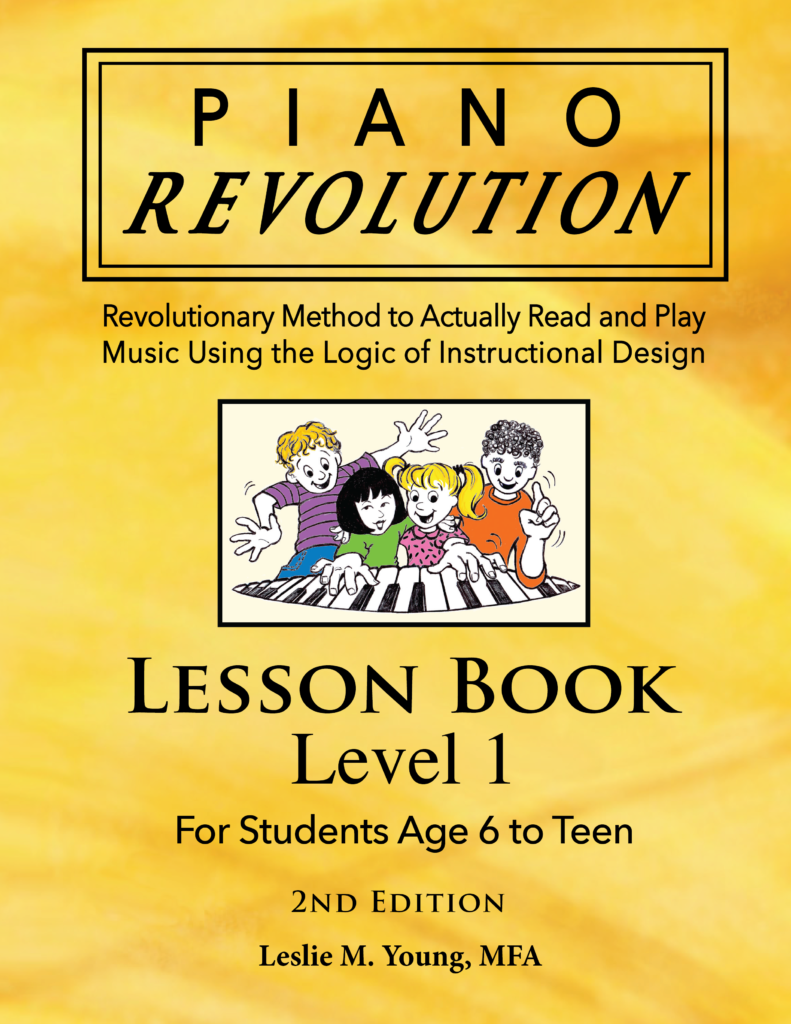What Can Parents Do to Prepare a Child For Piano Lessons
What can parents do to encourage appreciation of music in their child’s life? Is there something that could be done to increase preparation and the innate ability of a child before formal lessons begin on an instrument? What can parents do to prepare a child for piano lessons?
I was teaching a visual arts class to a group of 19 nine-year-olds and had chosen some background music to play while we worked on a painting lesson. One boy excitedly exclaimed, “That’s Vivaldi!” I was delighted that he recognized the music and immediately had the thought, “His parents have music in their home; they appreciate the fine arts and want to encourage that appreciation in their son.”
I’m sure those weren’t the exact words I thought, but I do expressly remember that was the impression I had. Because it surprised me, I remember that occasion, which has been all of 15 years ago.
Music Has an Effect on an Unborn Baby’s Brain
In examining the sensitivity of unborn babies, it does seems that they can recognize their mother’s voice and native language in the third trimester, and after birth they can remember some rhyming words and patterns (1,2). Music should also have an impact on the unborn.
1. Voegtline KM et al. Near-term fetal response to maternal spoken voice Infant Behavior & Development 2013;36:526–533
2. Kisilevsky BS et al. Fetal sensitivity to properties of maternal speech and language. Infant Behav Dev 2008;32:59-71.
Research conducted in Europe showed that music seems to affect brain development before birth. European research in 2013, for example, showed that exposing an unborn baby to music had a long-term effect on the brain. They found that newborn babies could remember a version of ‘Twinkle, Twinkle Little Star’ played to them in the womb and responded differently when alternative versions were played. These memories created before they were born, lasted until they were four months old (3).
3. Partanen E et al. Prenatal music exposure induces long-term neural effects. PLoS One 2013;8(10):e78946
Incredibly, other studies have shown that babies are born with the innate ability to detect musical beats. And even more importantly, some research suggests that soothing music may encourage premature babies to feed, and could improve their vital signs like heart rate and O2 saturation levels (4).
4. Loewy J et al. The effects of music therapy on vital signs, feeding, and sleep in premature infants. Pediatrics 2013;131(5):902-18.<
Music – all kinds of music – apparently is very beneficial to developing babies. Listening to music makes it easier for brain neurons to make connections. “Listening and experiencing music stimulates the fetus’ brain and assists with the growth of brain structures.” Read more here.
Parents should not play music around the clock and definitely not loudly. Babies can be disturbed by loud, startling sounds. Singing is important, too, for baby to hear.

Give A Solid Music Foundation to A Young Child
Teaching a child at a very young age is very effective if lessons are short, enjoyable, and based on sound principles of instruction. Check out this earlier blog (What is the Best Age to Start Piano Lessons) for details of a sample lesson.
Leslie Young is the author/composer of the Revolutionary Piano Method. She co-founded a K-12th grade charter school in Texas and has been a piano teacher for about 40 years. She has had experience teaching a variety of students tackling piano for the first time or as returning students.
She states: “In teaching piano to students of varying ages, what also varies is a commitment of time and the amount of dedication. Children of certain ages may do very well with a parent as teacher; others may need someone who is not family to instruct them. Some older children and adults prefer to make progress on their own, and this method is designed to act as a meticulous guide through new material. Some adults and teens insist on professional teachers, which also encourages continuity. Because these books are self-explanatory, a new or experienced professional teacher will have no trouble using the Revolutionary Piano Method with students. It is an easy way to learn piano.”
Leslie believe that “learning to play the piano is more about diligence and perseverance” – but would add that just as critical to success is the method that is used, the encouragement of critical thinking, and the instructional principles that promote immediate success.
What Would the First Lesson for a Young Student Look Like?
What Would the First Lesson for a 6 to Teen Look Like (video)?
View sample pages of all the books for students
ages 6 to teen:
View sample pages of all the books for students
4 to 5 years old:
View sample pages of all the books for older
teens and adults:






